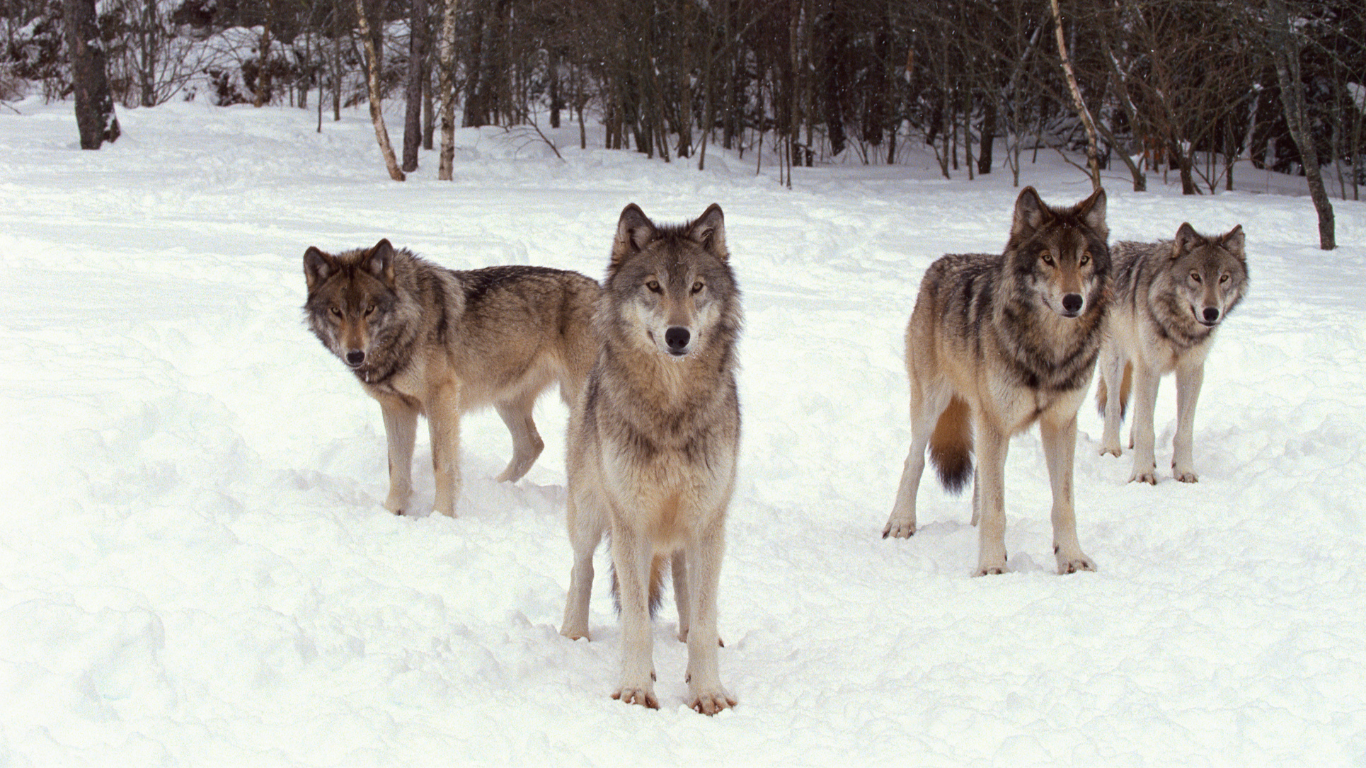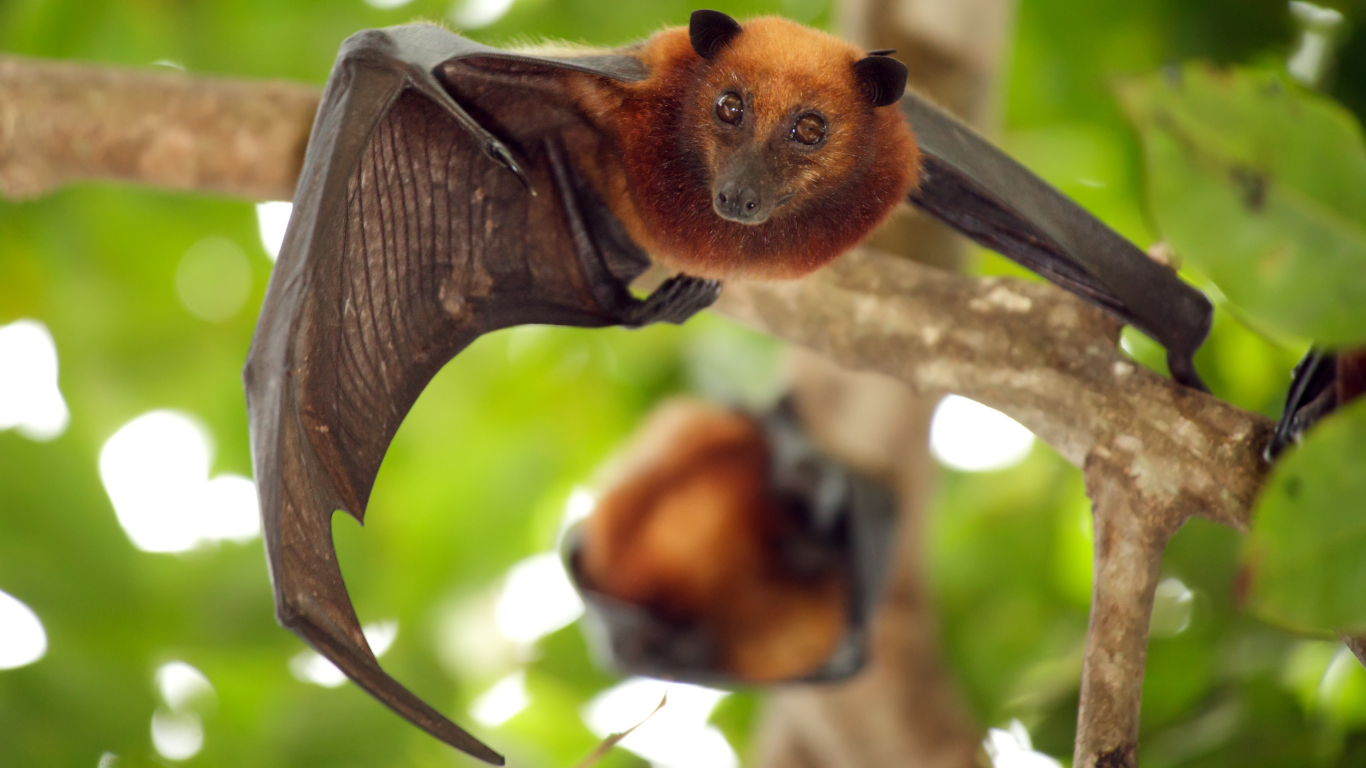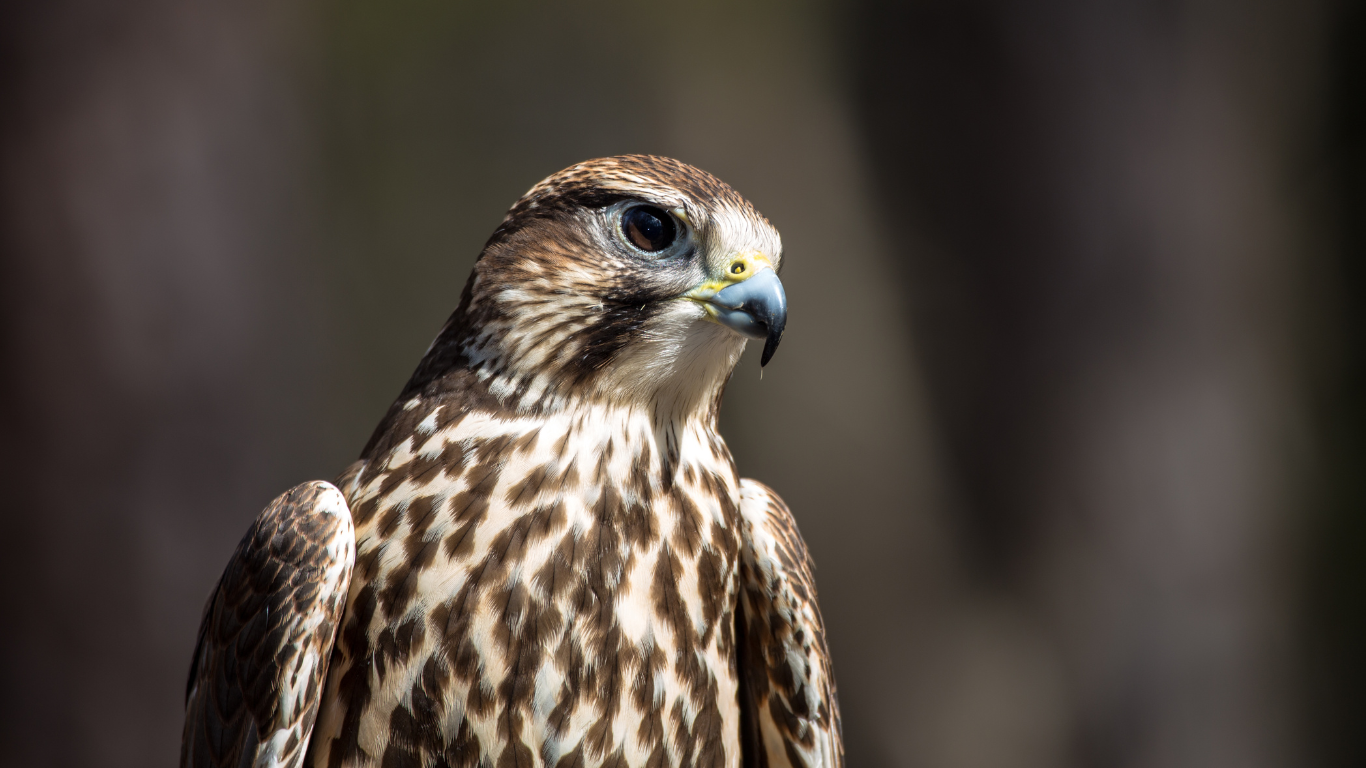Article written by Matthew Norman
Originally published by greekreporter.com (May 21, 2024)
More than a fifth of the 11,500 endangered animal, plant, and fungi species in Greece are “critically endangered” and thus are under threat of extinction, a re-evaluation of the country’s Red List has found.
The Environment Ministry published the revised list to commemorate European Natura 2000 Day, the anniversary of the creation in 1992 of what is now the world’s largest coordinated network of protected areas, which in the present day includes more than 27,000 sites.
The International Union for Conservation of Nature (IUCN) has evaluated the species on Greece's Red List using its criteria. The local Red List, tied to the IUCN’s Red List, operates as an openly accessible database, allowing access to scientific information about flora and fauna.

Globally, 28 percent of the species evaluated by the IUCN are under threat, and in Greece, that percentage is 21.5 percent. Some 18.7 percent of plants, 22.6 percent of animals, and 34.8 percent of fungi on the list are under threat of extinction.
When it comes to specifics, 28.3 percent of birds, 31.3 percent of mammals, 13.3 percent of reptiles, 34.6 percent of amphibians, and 21.5 percent of invertebrates on the list are threatened with extinction. The griffon vulture, the smallest of four vulture species found in Greece and Europe, is one of the “critically endangered” species.
As a result of certain protection and conservation measures being implemented, some endangered species previously threatened with extinction have been recategorized as low risk.
Examples of this positive transition include the Caretta caretta sea turtle and the lesser kestrel. In a separate announcement, the Hellenic Ornithological Society has said that two vultures that wintered this year on Mount Parnitha, near Athens, have mated and nested there—the first confirmed breeding of the species in the area since the 1970s.

Fauna of Greece, including the endangered
The fauna in Greece is incredibly diverse, with many different species. The mountainous regions of the country, especially the forests, play host to bears, wild cats, brown squirrels, jackals, wolves, foxes, deer, and lynxes. A rare species of wild goat, known as kri-kri, inhabits the mountainous regions of Crete.
There are 116 species of mammals in Greece, and 57 of them belong to endangered species, such as the Brown Bears of Epirus. For the protection of brown bears, wolves, snakes, and other endangered species, many environmental organizations have been established, such as Arcturos, that work on the preservation of wildlife and the natural environment.
Around 422 bird species are recorded in Greece, and about 70 percent of them are migratory birds. On the way from northern to southern countries, many birds stop in lakes or river deltas for a few weeks, creating a rare ecosystem.





